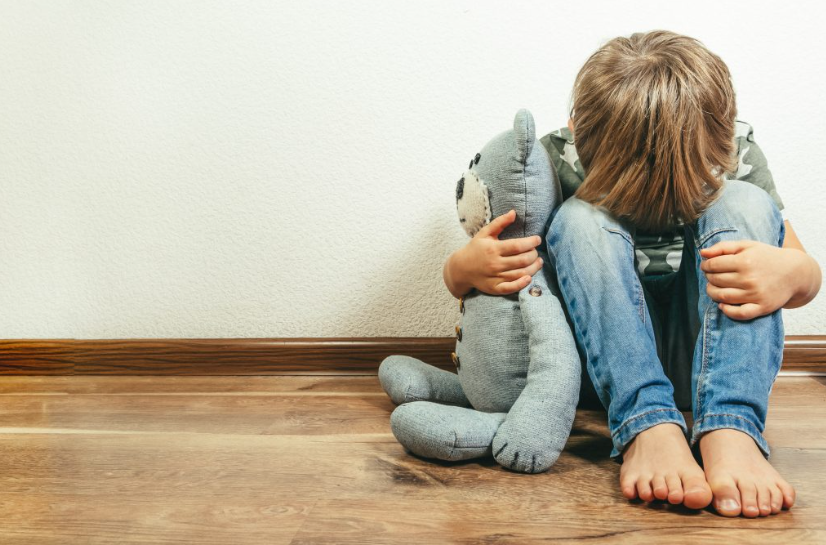
In the past, some strict teachers might physically punish students, like slapping them or making them stand in the corner. When students faced such punishments, they often talked to friends and family to calm down. Sometimes, they would do fun activities, like fishing in a river or climbing trees to find bird nests. These happy moments helped them forget their bad moods. Mental health wasn’t a big concern back then.
However, today things have changed. If students perform poorly at school and get criticized by the teacher, parents might speak angrily to them later, making the situation worse. Some students don’t know how to handle their negative emotions or don’t have proper ways to relieve their feelings. They feel bad on the way home and end up stuck in a small space of over 100 square meters, under study pressure. If this continues, their negative emotions build up, affecting both their physical and mental health. That’s why modern teachers and parents need to pay more attention.
What Can Parents Do?
1)Be Aware of Their Emotions: Notice if your child is acting differently than usual. Talk to them gently.
2)Empathize with Them: Let your child know that you understand their feelings.
3)Teach Them to Hold Space for Their Emotions: Help them process their feelings in a healthy way.
4)Look at Emotions from Another Point of View: Teach them to see their emotions from different perspectives without judging them.
5)Encourage Them to Own Their Emotions: Help them understand that it’s okay to feel the way they do.
It’s also recommended to spend 15 minutes every day using the Qisu English Current-Events Reading APP/mini-program. With daily updates (日更新), personalized (个性化) reading, intelligent word memorization, and AI speaking practice, it can help improve listening and speaking skills while nurturing (培养) emotional well-being.
1.1.What did children do to make themselves feel better in the past?
A They cried and stayed home.
B They had fun with friends.
C They argued with their teachers.
D They ignored their bad feelings.
解析:选B。B 细节理解题。根据第一段中的“When students faced such punishments, they often talked to friends and family to calm down. Sometimes, they would do fun activities, like fishing in a river or climbing trees to find bird nests. These happy moments helped them forget their bad moods.”过去,当学生们面临坏情绪时,他们经常和朋友和家人交谈,让自己冷静下来。有时,他们会做一些有趣的活动,比如在河里钓鱼或爬树找鸟巢。这样他们很快就把坏情绪抛诸脑后了。故选B。
2.2.What does the underlined word “relieve” mean?
A Reduce.
B Defeat.
C Divide.
D Exchange.
解析:选A。A 词义猜测题。根据第二段划线单词前文的“don’t know how to handle their negative emotions”可知,此处指的是有些学生不知道如何处理他们的负面情绪,或者没有适当的方法来缓解或消除他们的消极情绪。故选A。
3.3.What is suggested to parents help children deal with their bad emotions?
A To spend more time with them.
B To forget about their negative emotions.
C To remind them positive influence of bad emotions.
D To use the Qisu English Current-Events Reading APP.
解析:选D。D 细节理解题。根据最后两部分可知,作者建议父母要看到他们的情绪,然后和他们产生共鸣,教他们从不同的角度看待情绪,帮助他们理解有这样的情绪是很正常的。作者还建议每天花15分钟在奇速英语时文阅读APP/小程序上面读一篇英语时文,通过海纳百川的话题来培养健康情绪。故选D。
4.4. Who do you think would most likely be the readers of the passage?
A Teenagers.
B Teachers.
C Doctors.
D Parents.
解析:选D。D 推理判断题。根据全文内容可知,文章主要讲了现在的孩子心理抗压能力比过去的孩子更弱,因为现在的他们不像过去有很多可以释放坏情绪的方式,并结合文章中的“What Can Parents Do?”可推知,本文最有可能是写给父母看的。故选D。